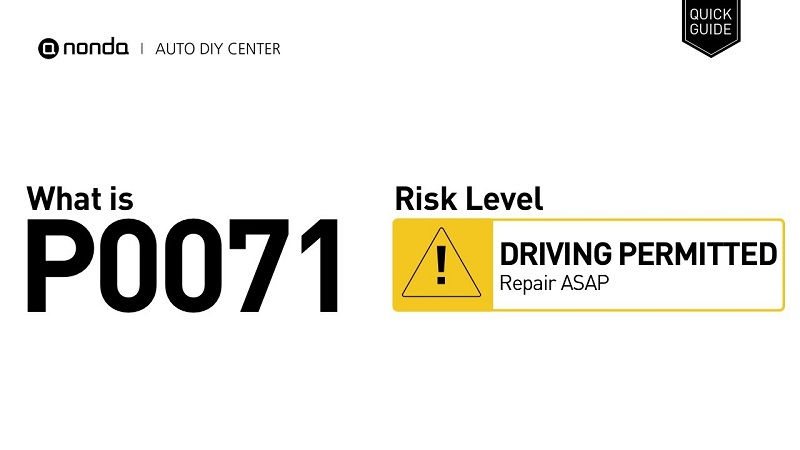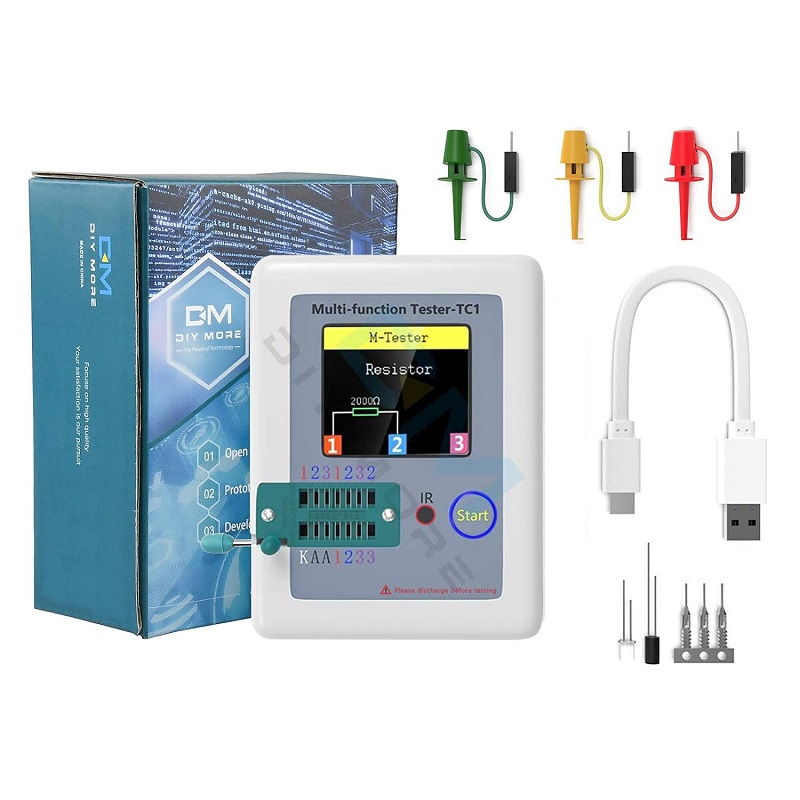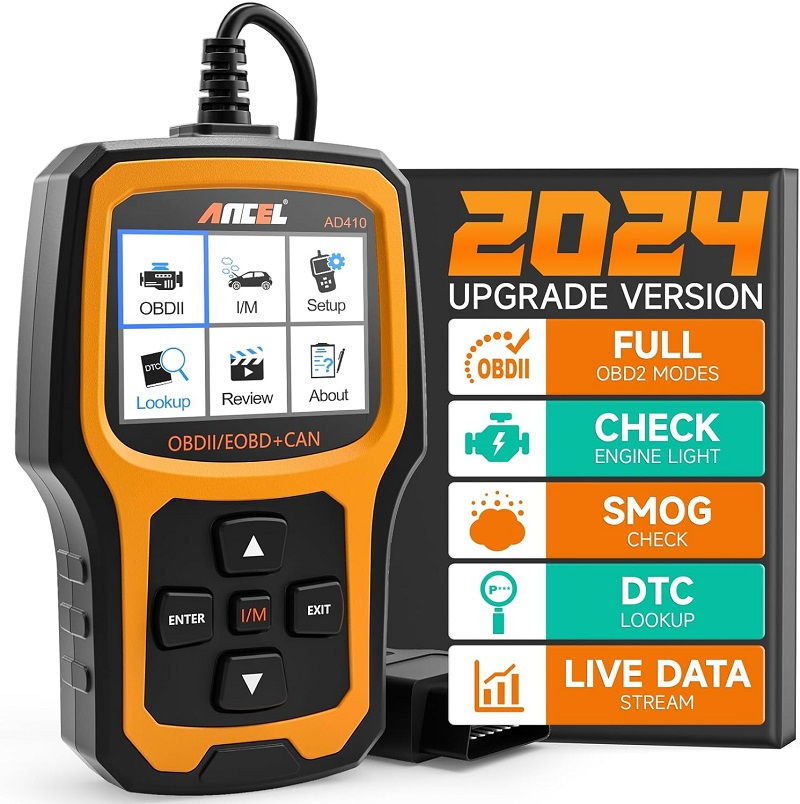This post contains affiliate links. This means I will make a commission at no extra cost to you should you click through and make a purchase [ “As an Amazon Associate, I earn from qualifying purchases.” ]. Read the full disclosure here.
Understanding the P0071 Trouble Code: Ambient Air Temperature Sensor Range/Performance GuideMechanic.Com In the intricate world of automotive diagnostics, trouble codes serve as vital clues, offering insights into potential issues within a vehicle’s intricate systems.
Among these codes, P0071 stands out, indicating a concern with the Ambient Air Temperature (AAT) sensor’s range or performance.
Understanding the significance of this code, its underlying causes, and how to address it is crucial for maintaining optimal vehicle performance and reliability.
See Also: P006F Code: Turbocharger/Supercharger Boost Control “A” Supply Voltage Circuit High
P0071 Code: Ambient Air Temperature Sensor Range/Performance
The Role of the Ambient Air Temperature Sensor:

The Ambient Air Temperature (AAT) sensor plays a pivotal role in modern vehicles, providing critical data to the Engine Control Module (ECM) or Powertrain Control Module (PCM).
Situated in the vehicle’s intake air system or exterior, this sensor measures the temperature of the surrounding air. This data is essential for various engine functions, including fuel injection timing, air/fuel ratio adjustment, and emissions control.
Decoding the Trouble Code:
The P0071 trouble code specifically indicates an issue with the Ambient Air Temperature sensor’s range or performance. It suggests that the sensor’s reported temperature readings fall outside the expected range or fail to meet performance specifications.
When this code appears, it signals that the ECM or PCM has detected a problem with the AAT sensor’s functionality, potentially impacting engine performance and efficiency.
Common Causes of the P0071 Code:
Several factors can contribute to triggering the P0071 trouble code:
Faulty AAT Sensor:
Over time, the AAT sensor may degrade or fail due to exposure to harsh environmental conditions, corrosion, or internal electrical faults.
A malfunctioning sensor can provide inaccurate temperature readings or fail to transmit data to the ECM/PCM, triggering the P0071 code.
Wiring Issues:
Damaged, corroded, or loose wiring connections within the AAT sensor circuit can disrupt the flow of electrical signals. This can lead to erratic temperature readings or intermittent communication between the sensor and the ECM/PCM, resulting in the activation of the P0071 trouble code.
Connector Problems:
Faulty connectors or poor connections between the AAT sensor and the vehicle’s wiring harness can impede electrical conductivity. Loose or corroded pins can lead to voltage fluctuations or signal interruptions, triggering the P0071 code.
Environmental Factors:
Exposure to extreme temperatures, moisture, road debris, or contaminants can affect the performance and reliability of the AAT sensor. Harsh environmental conditions may accelerate sensor degradation or cause electrical issues, leading to the activation of the P0071 code.
Troubleshooting and Resolving the P0071 Code:
Addressing the P0071 trouble code requires a systematic approach to diagnosis and repair:
Diagnostic Scan:
Check out this ANCEL AD410 Enhanced OBD II Vehicle Code Reader Automotive OBD2 Scanner Auto Check Engine Light Scan Tool (Black/Yellow)
Begin by performing a comprehensive diagnostic scan using a compatible scan tool. Retrieve and record all stored trouble codes, including any freeze frame data associated with the P0071 code.
Visual Inspection:
Conduct a visual inspection of the AAT sensor and its surrounding components. Check for signs of physical damage, corrosion, or contamination. Inspect the wiring harness and connectors for any visible damage or loose connections.
Testing AAT Sensor:
Use a multimeter to test the resistance and voltage output of the AAT sensor. Compare the readings to specifications provided by the manufacturer. Replace the sensor if it fails to meet the specified values.
Check Wiring and Connectors:
Inspect the wiring harness and connectors associated with the AAT sensor. Repair or replace any damaged wires, corroded terminals, or faulty connectors. Ensure proper routing and secure connections.
Clear Codes and Test Drive:
Once repairs are completed, clear the trouble codes from the ECM/PCM memory using the scan tool. Take the vehicle for a test drive to verify that the issue has been resolved. Monitor the AAT sensor readings and ensure they are within the expected range.
Follow-Up Inspection:
After driving the vehicle for a reasonable distance, perform a follow-up inspection to ensure that the P0071 code does not return. Monitor the sensor’s performance over time to detect any recurring issues.
Conclusion:
In conclusion, the P0071 trouble code related to the Ambient Air Temperature sensor’s range or performance signifies a potential malfunction or discrepancy in the vehicle’s AAT sensor system.
Understanding the causes and implications of this code is crucial for diagnosing and resolving the underlying issues effectively.
By following a systematic diagnostic approach and addressing any faulty components or wiring issues, drivers and technicians can ensure optimal vehicle performance and reliability.
egular maintenance and inspection of the AAT sensor system can help prevent future occurrences of the P0071 trouble code, contributing to the overall longevity of the vehicle.
See Also: P0070 Code: Ambient Air Temperature Sensor Circuit


